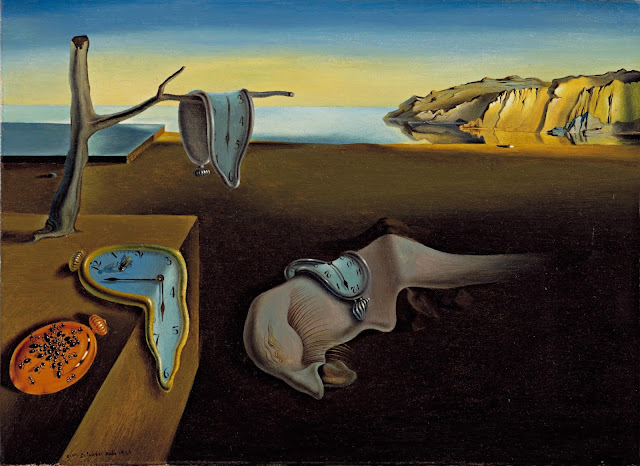Clarissa's Opinion on Mental Health Professionals

The Doctor's Visit by Jan Steen Throughout Mrs. Dalloway , the so-called mental health professionals of the time are portrayed in a very negative light. Septimus abhors Dr. Holmes, referring to him as “Human Nature” which Septimus views as inherently evil. Dr. Holmes, despite his assumption that he knows best, does nothing to help Septimus and instead further pushes him over the edge. Sir William Bradshaw, though more helpful than Holmes considering he actually believes Septimus is mentally ill, also ultimately makes matters worse by attempting to force Septimus to live away from Lucrezia. Woolf makes it explicit that the added stress of these looming doctors that ignore the feelings of their patient is part of what drives Septimus to commit suicide, suggesting a deep contempt of the doctors Woolf encountered in her own life. After finishi...

